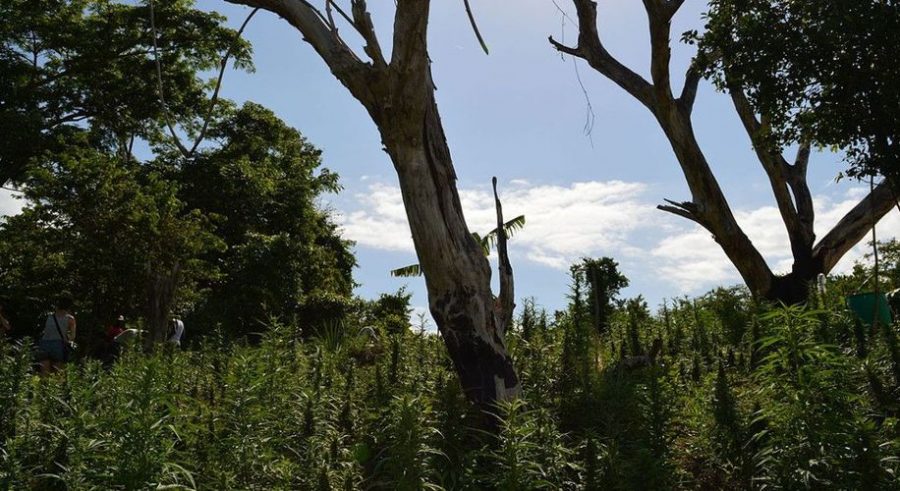Jamaican cannabis farmers are afraid foreign investors will dominate the industry
Jamaica has recently legalized medical cannabis and embraced the industry for medical and scientific purposes. However, many of the country’s existing cannabis farmers are afraid they will be left out of the emerging new industry.
The country’s Cannabis Licensing Authority (CLA) has received over 200 applications for licenses since last summer, but last month, the CLA only granted one cultivation license and one processing license.
In addition, the expensive application process creates a burden for local small-scale farmers, who have to compete with wealthy, foreign investors. The license application is $300, and if it is approved, farmers have to pay thousands of dollars on top of that. Cultivators must also pay additional fees to cover processing, transportation and security fees.
Foreign investors have already invested millions in hotels, sugarcane cultivation, and bauxite mining in the country.
A Jamaican farmer called of Baxter, owns a small, illegal cannabis cultivation and said a medical cannabis license was prohibitively expensive.
“It’s not easy, lots of money to get the license,” he said. “Lots of thousands of dollars.”
Kim Ford, another local farmer and member of her local chapter of the Hemp and Ganja Growers Association, said the licenses fees will allow foreign investors to dominate the country’s cannabis industry.
“They make more money and then they come here and can pay for licensing, build a whole building, buy a piece of land to put it on, and can move forward,” Ford said.
CLA board member Ras Iyah V said some of the farmers’ concerns are unfounded. “If people are paying attention to what is going on, then some of these fears would be alleviated.”
Iyah V said farmers should attend the community meetings held by the CLA in order to discuss the legal cannabis industry. He added the board is aware of the farmers’ concerns and they are currently working to wave fees for small farmers until after their crops are sold.








